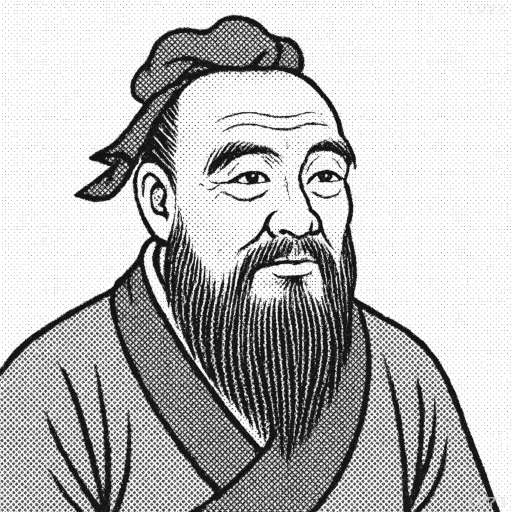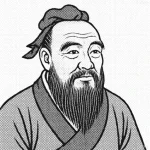“Learning without thought is labor lost; thought without learning is perilous.”

- 551 BC – 479 BC
- Han ethnicity
- Philosopher, educator, politician
table of contents
Quote
“Learning without thought is labor lost; thought without learning is perilous.”
Explanation
In this saying, Confucius emphasizes the balance between knowledge and reflection. He warns that simply accumulating information without thinking critically about it is wasted effort, as it lacks depth and application. Conversely, relying solely on one’s own thoughts without learning from external sources leads to ignorance and limited perspectives. For Confucius, true wisdom comes from both acquiring knowledge and thoughtfully engaging with it to understand its meaning and implications.
This principle is especially relevant in today’s information-rich world. Absorbing facts without reflection can result in a superficial understanding, while only relying on personal assumptions without seeking external knowledge can lead to misjudgments. For example, in a professional setting, a person who learns new concepts but doesn’t think about how to apply them might struggle to use that knowledge effectively. Likewise, someone who relies solely on personal opinions without further learning might miss critical insights or make uninformed decisions.
Confucius’s words remind us that wisdom is an active process. By integrating learning with thoughtful reflection, we cultivate a deeper understanding that informs our actions and choices. This approach encourages lifelong growth and a well-rounded perspective, enabling us to navigate life with both knowledge and insight.
Would you like to share your impressions or related stories about this quote in the comments section?




